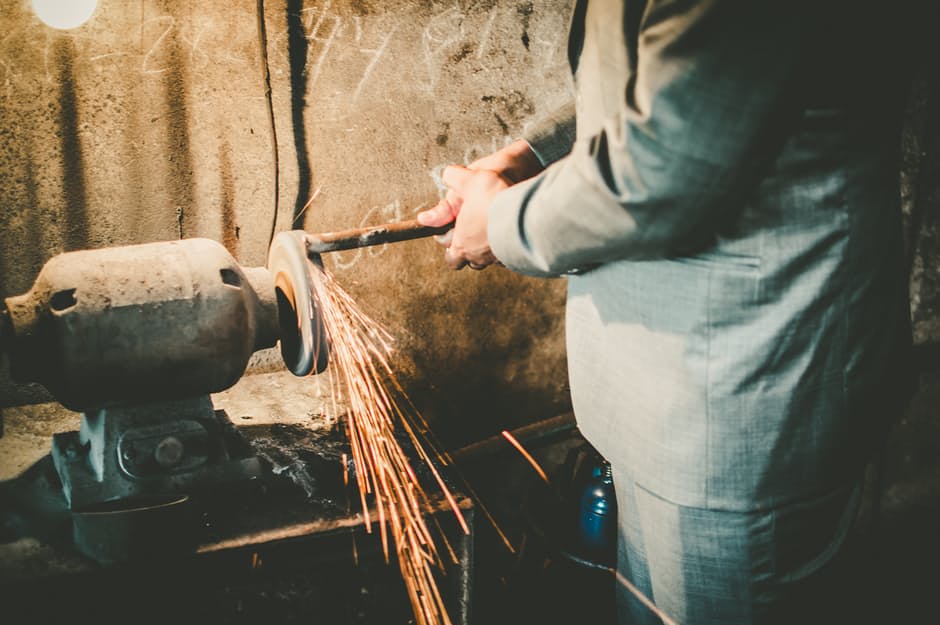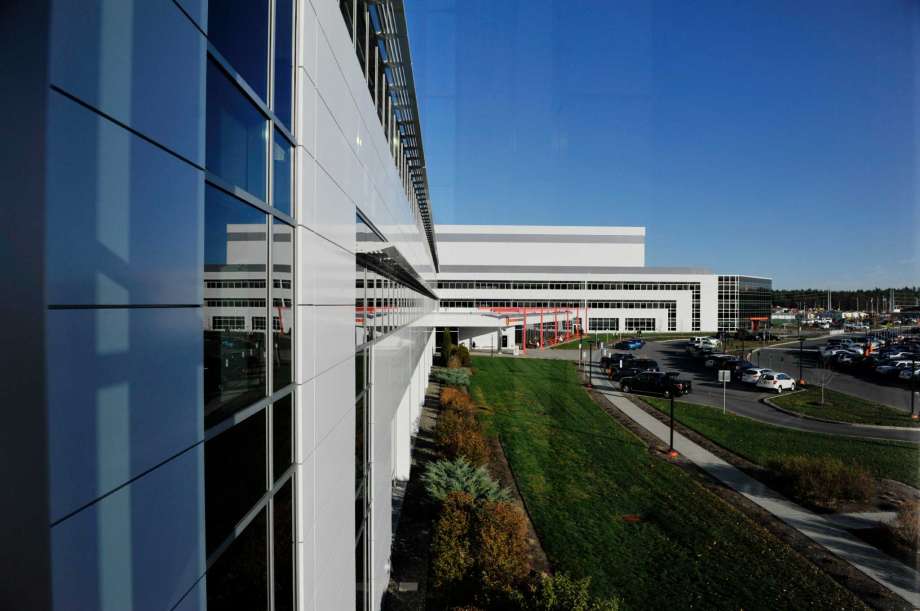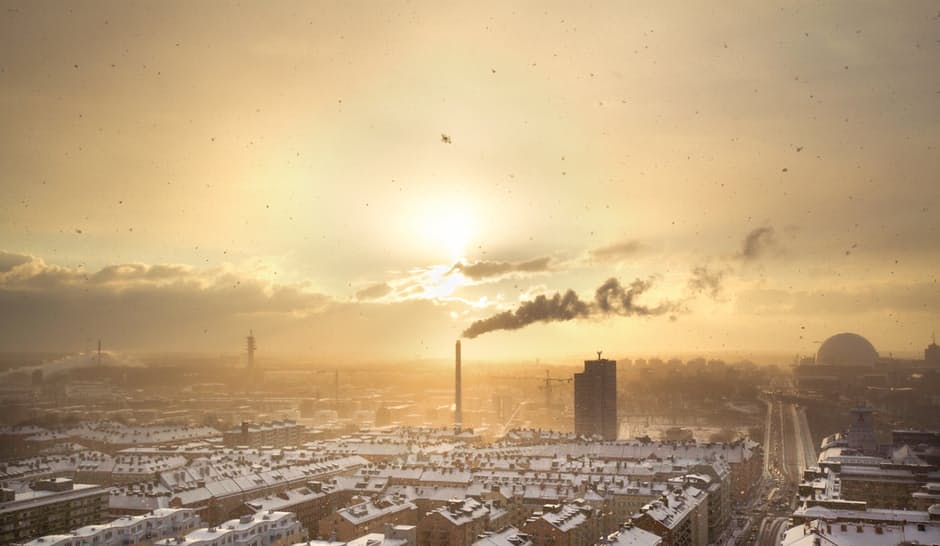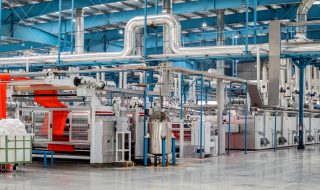
If you’re mass producing items to sell for your business, then you’ll know how much of a headache it can be to set up a factory. Outsourcing production is a possibility, but having your own factory is a good way to take your business to the next level. Not everyone wants to set up cheap factories abroad, but it’s sometimes the most cost effective way of getting your product into your customer’s hands.
However, setting up a local factory can have advantages. Mainly, you’re able to inspect the factory and check on progress yourself. Factories abroad tend to lag behind in production due to questionable working conditions and long shipping times. When your product is made in your home country, you’re likely going to get support from customers who are proud to buy items that are manufactured in their homeland, and you’ll personally be supporting the economy and creating jobs.
But how do you go about inspecting, picking, or designing a factory? Here are some basic pointers that you should follow.
Takeover an Existing One
When a business struggles to create enough income with its products, then it’s going to fall sooner or later. However, if you’re looking for a relatively inexpensive way to start mass producing your products, then you have the alternate option of buying out a business that currently owns a factory. It doesn’t matter how large or small the factory is as long as it has enough space to continue its own operations (assuming you don’t assimilate them and stop their products) and create your own production line.
Make sure that there are enough facilities to support your own production. If there isn’t, then check there is ample space to build more machines to use. Always double check sizing and spacing with machines because some pieces of equipment need a lot of room to operate at maximum efficiency. For example, if you need powder coating machines you could browse Reliant Finishing Systems and contact them about your exact specifications. You’ll receive a quote with pricing and rough dimensions, and you’ll be able to pass them onto your building contractor that will measure it out on your factory floor to determine the best location to put it.
Start from Scratch
The first thing you need to decide is where you want to place the factory. Factories are usually in very secluded areas because plots of land are generally cheaper when they are far away from cities. Inner-city plots of land can attract many more jobs, but they will be far more expensive and there could be some rules and regulations that will delay your construction job.

Fab 8 in Saratoga County buying land for a second factory, although issues remain
Always make sure that you hire a specialised building contractor that knows what they are doing with factories and production lines. If there isn’t a specialised contractor in your area, then it’s fine to hire several different contractors to handle different work. A construction specialist can outline the build, and then a machine specialist can design your production line. You may also need to run health and safety checks to make sure that your factory has good working conditions before you’re allowed to recruit workers.





